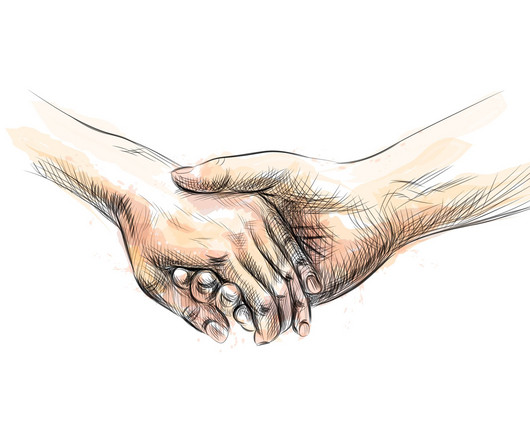The TikTokification of Mental Health on Campus
Mad in America
JUNE 22, 2024
W ith all the recent coverage of the youth mental health crisis and the role of social media, little attention has been given to the way platforms like TikTok promote certain narratives about mental health—shifting not only the conversation but also the way mental health issues are actually experienced.











Let's personalize your content